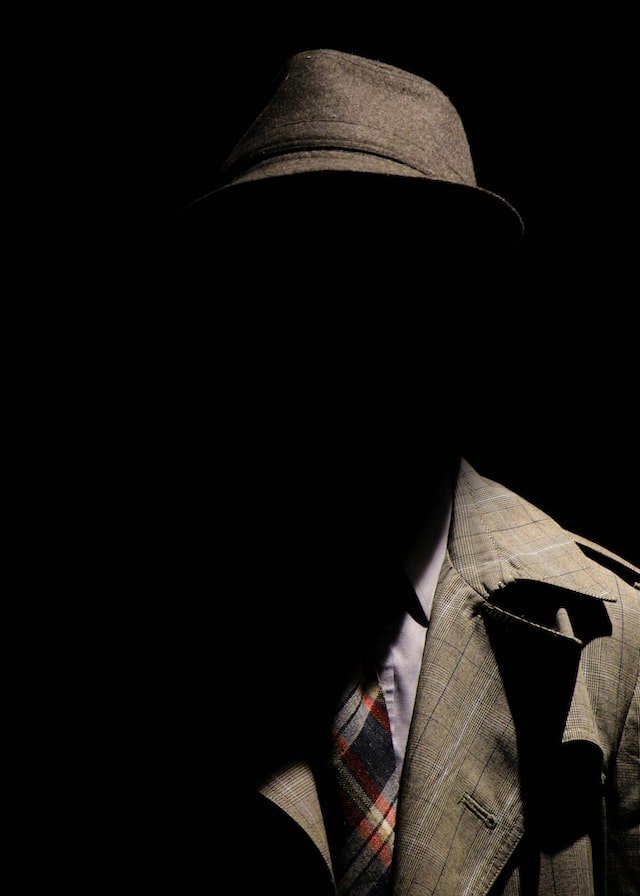Quick headcount: how many of us are certain that the way we follow Jesus is wrong?
I mean, some of us might try to be smart and raise our hands there. But most of us live our lives as if we know that our way of following Jesus is the way to go. We've settled into certain rhythms of "being Christian" that involve how we live with our families, where we go to church, how much we interact with spheres of culture and government, etc.
After all, we are told to always have an answer for the hope we have within us. And we take that answer and say, "Ask me anything - I'll tell you!" We can be dogmatic, we can be sure. And we can do our best to bring other people along in the way to follow Jesus.
For a new year's thought experiment, though, let's flip the script. Let's think about how we might be wrong as Christians. Think about the epistles to the churches, and the letters in the book of Revelation, and the things all of those churches were doing wrong. And instead of being certain that all of those passages are talking about "those other people" - maybe they really apply to us.
That's an uncomfortable thought and feeling, isn't it? That the real Jesus is out there, and he said those real words to be recorded forever in Scripture, and real consequences are attached. And if someone spoke those words of judgment over our heads, we'd react. We wouldn't want that to be true - we'd try like hell to point back to the ways we are doing things the right way (as opposed to all those other people who really have forgotten their first love, and on, and on).
We avoid those thoughts like the plague - we go out of our way (most of us) to take shelter in echo chambers where everyone thinks and acts as we do. We find people with the same rhythms, the same religious priorities, the same communication styles.
Experiencing differently is unsettling. When we are aware that we're in a room where everybody but us is on the same page - that shifts the foundation of the psyche and causes us to question ourselves far more. When everyone else is responding with joy to a message, and we feel grief. When everyone else is raising their hands in worship, and we feel anxiety. When everyone else senses a movement of the Holy Spirit, but we instead have numb ambivalence.
And that is life in the fog - where almost everything seems a little off kilter. We live there, keenly aware that we're a beat off, out-of-step enough with everyone else that we just see things from a different angle. And we're the ones who can come out and say that the way we follow Jesus is probably wrong. The curtain was torn at the death of Christ. But in our psychological experience of everyday reality, we still have what seems to be a veil covering our sight.
As we struggle to see clearly what is out there beyond this veil, we eventually focus a bit closer and become fixated on the veil itself. Sometimes it looks like trauma. Sometimes it's that disposition toward depression, or anxiety, or various addictions. Awareness of the veil doesn't solve the veil, to be sure. But we try to understand how it blocks our view of the abundant life we could have had.
So we become unnaturally fascinated with probing the edges of this experience. We explore the margins, as it were, where souls are caught in purgatories constructed by the hands of men and of demons. We fixate on this veil, in the face of hell itself - daring God to show up.
We are so consistently in this foggy land where we feel unsettled and disoriented, and where we question our own worth. It is a dry and thirsty land where there seems to be no water for our souls - but also where almost everyone else seems to live in abundance.
And we're searching for grace. We're not so likely to be dogmatic, and we're not so quick to tell everyone how to live their lives. We are so keenly aware of our dependence on grace, that we would not wish our experience on anyone.
Where is the edge of grace so clearly defined, as in the land where our dependence on it is so clear? Where is the continued presence of Christ so necessary, as in the fog - where we cannot clearly see a path?
I used to pray that the veil be removed. But it serves a purpose to make our goal crystally defined for us each day: my life cannot be my own, and this world cannot be my home. We step through this life with our Christ, in his timing reaching another where the veil is no more.
References:
Photo by mahdi rezaei on Unsplash

Leave a comment in response to the post: